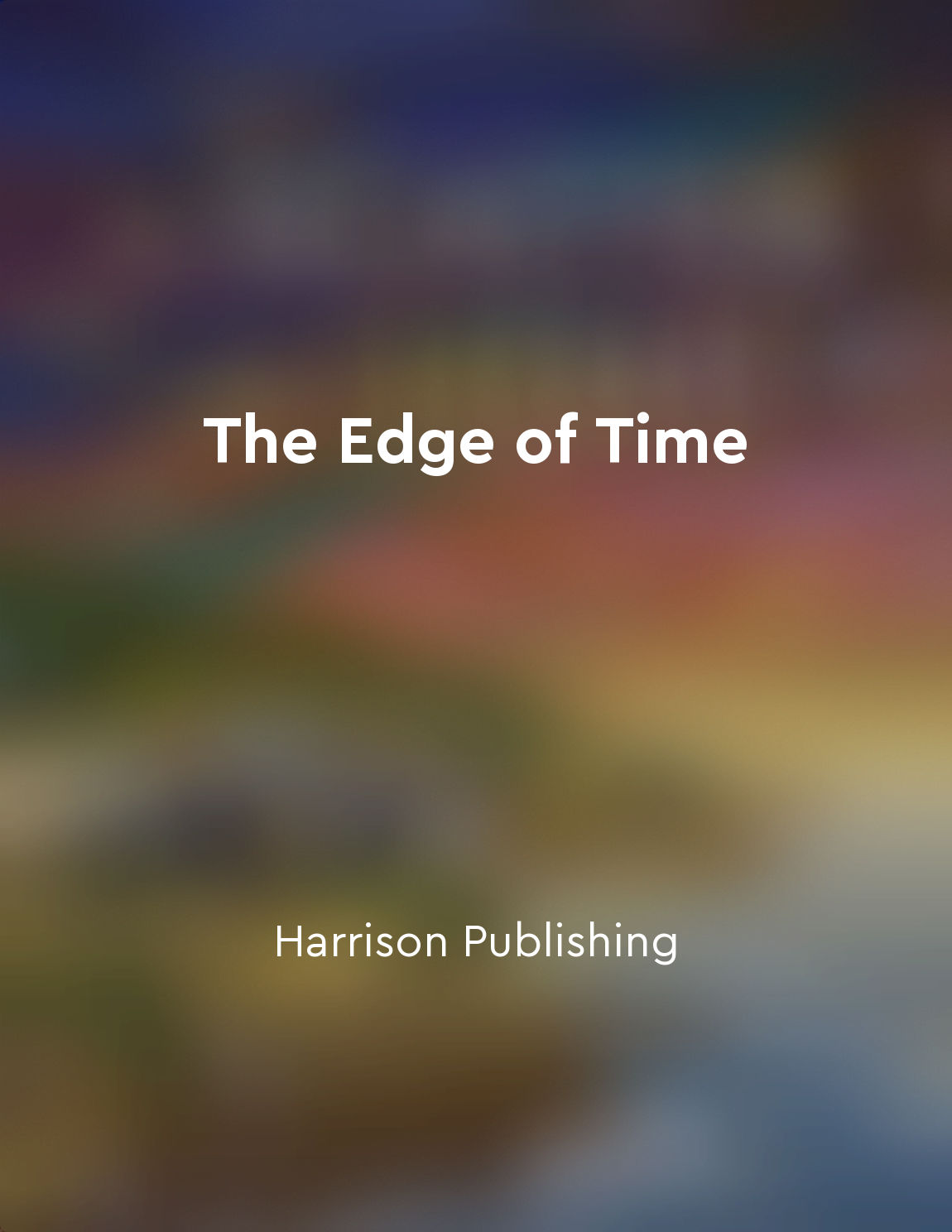Audio available in app
The concept of time has evolved over centuries from "summary" of The Order of Time by Carlo Rovelli
The concept of time has undergone a transformation through the ages. Ancient civilizations viewed time as cyclical, repeating in endless loops like the changing seasons or the movements of the stars. The Greeks introduced the idea of time as linear, moving inexorably forward from the past into the future. This linear concept of time gained prominence in Western thought and became deeply ingrained in our cultural understanding. As science advanced, our understanding of time evolved further. Newton's laws of motion and his concept of absolute time seemed to provide a definitive framework for understanding the nature of time. Time was seen as a universal clock ticking away at the same rate for everyone and everything in the universe. However, the advent of Einstein's theory of relativity challenged this Newtonian view of time. Einstein's theory revealed that time is not a fixed and unchanging entity but rather a flexible and dynamic dimension that is intertwined with space. Time can be warped by gravity, stretched and compressed by the speed of an object. This relativistic view of time revolutionized our understanding of the universe and our place within it. It showed us that time is not an external, objective reality but a subjective experience that is intimately connected to our perception of the world. In the modern era, quantum mechanics has introduced even more complexity to our understanding of time. Quantum theory suggests that time may not even exist at the most fundamental level of reality. The concept of time as a continuous flow may be an illusion, a byproduct of our limited human perspective. Quantum mechanics challenges us to rethink our assumptions about the nature of time and to consider the possibility of a reality beyond our conventional understanding. The evolution of the concept of time reflects our changing understanding of the universe and our place within it. It invites us to question our assumptions about the nature of reality and to explore new ways of thinking about the fundamental fabric of the cosmos. As we continue to push the boundaries of scientific knowledge, our concept of time will likely continue to evolve, challenging us to expand our minds and rethink the nature of existence itself.Similar Posts

Alternate realities emerge
In the vast expanse of the universe, where time and space intertwine in a delicate dance, new possibilities are constantly bein...
Quantum mechanics and relativity guide scientific inquiry
Quantum mechanics and relativity have been instrumental in shaping the course of scientific inquiry. These two well-established...
Explanation for the expansion and acceleration of the universe
The discovery that the universe is not only expanding but also accelerating in its expansion has been one of the most surprisin...
Breaking the time barrier may lead to new discoveries and possibilities
Breaking the time barrier opens up a realm of new possibilities that were previously beyond our reach. By pushing the boundarie...
Time is experienced differently by different species
Think about a dog. Dogs live their lives in a different way than we do. They perceive the world differently. They live shorter ...
The quantum vacuum is a rich and dynamic medium that underlies reality
In the realm of modern physics, a profound understanding of reality has emerged, unveiling a hidden layer that forms the very f...
Cyclic model may revolutionize our understanding of cosmology
The idea of a cyclic universe has been around for centuries, but it wasn't until recently that researchers started taking it se...
